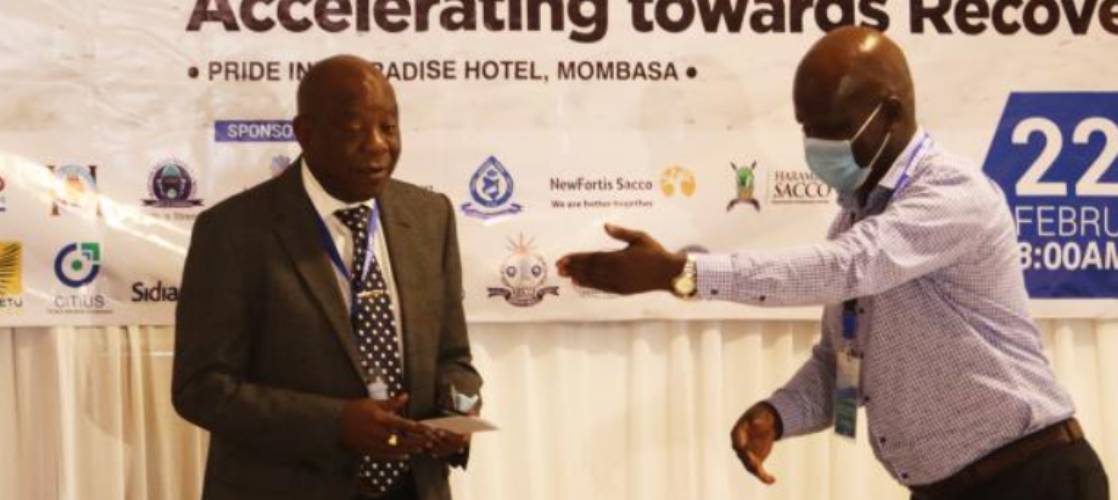×
The Standard e-Paper
Fearless, Trusted News

Both levels of government, as well as other State agencies, have not remitted close to Sh4 billion of their employees’ deductions to their respective Saccos.
Kenya Union of Savings and Credit Co-operatives (Kuscco) yesterday said this had left many saccos in a serious liquidity crisis.







